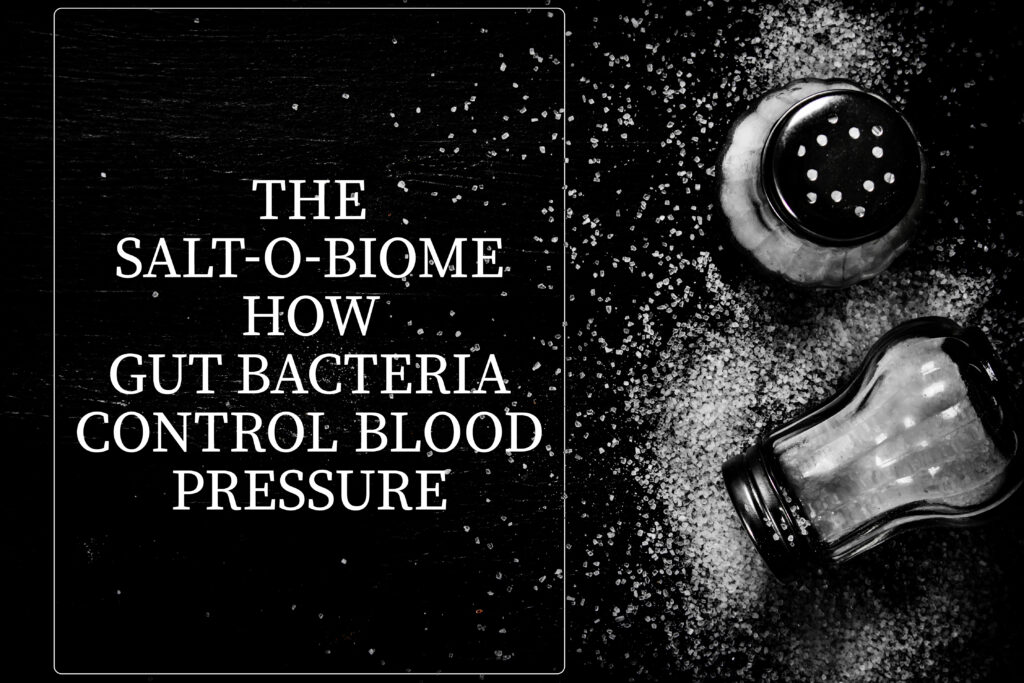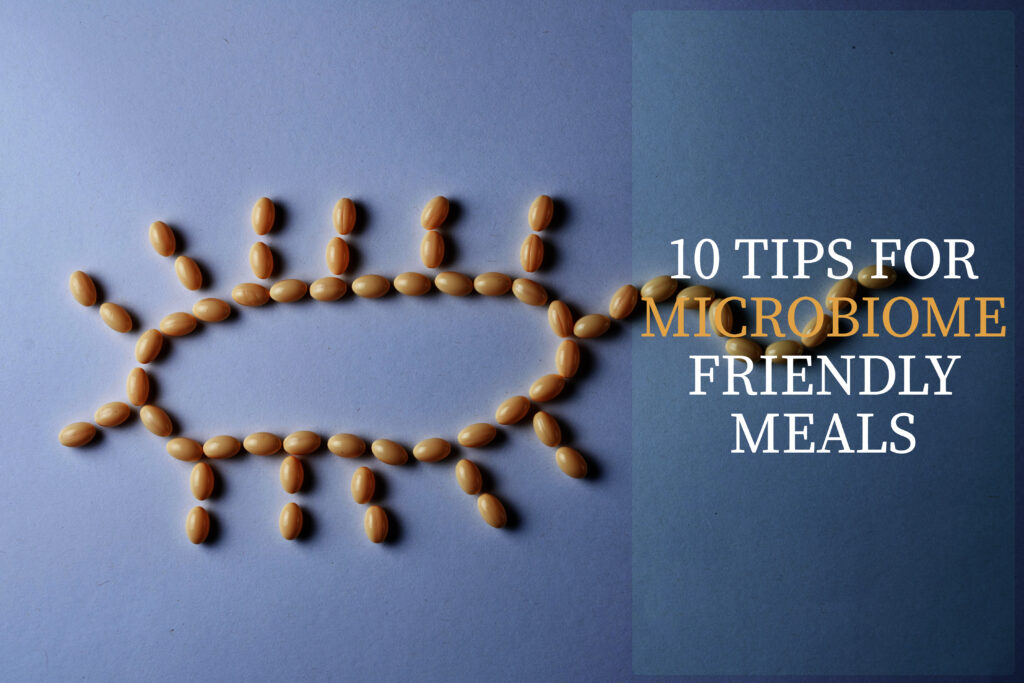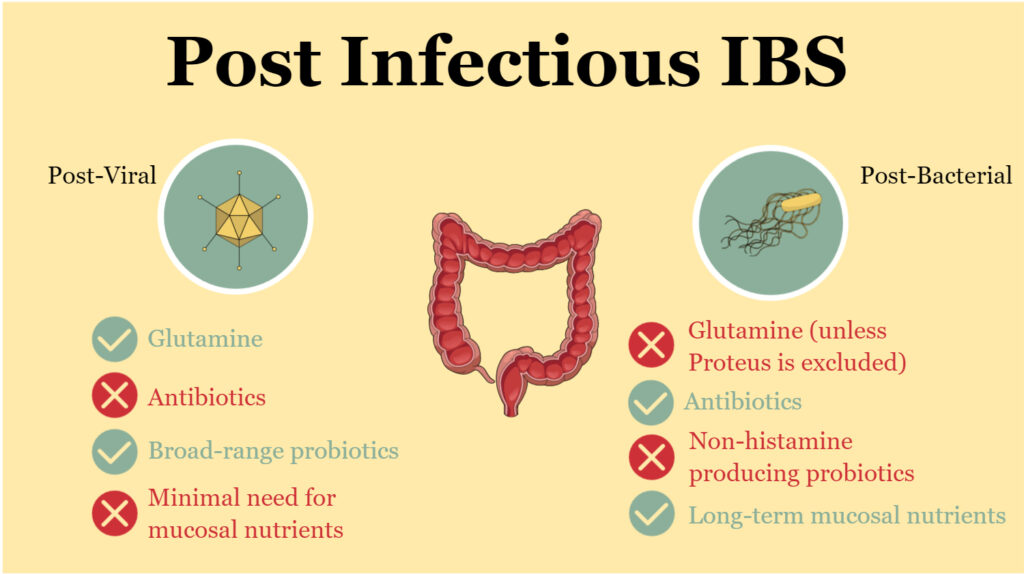Why sitting makes fatigue worse
The link between sedentary lifestyle and decreased mitochondrial biogenesis explains why by sitting too much we actually get more tired

Movement is an essential aspect of human health and well-being. Throughout our evolutionary history, our bodies have been designed to move, and regular physical activity has been linked to a wide range of health benefits. A sedentary lifestyle, on the other hand, can lead to a host of problems, including an increased risk of chronic diseases such as obesity and heart disease, as well as poor posture, mental fatigue, and decreased energy levels. Sitting for long periods, in particular, can have negative effects on our energy levels and overall health and tire us more than give us rest.
Movement as an epigenetic modulator
Movement is a powerful epigenetic modulator. Our motor neurons, the cells that control our movement, can dictate gene expression in the body. This means that the way we move can actually change the way our genes are expressed, ultimately influencing our health and well-being.
Throughout our evolutionary history, movement has been an essential part of our survival. Our ancestors had to hunt, gather, and forage for food, as well as avoid predators and navigate their environment. This required a high level of physical fitness and constant movement and feeling tired was not an option. In contrast, modern life has made it easy for us to be sedentary, with many of us spending hours each day sitting at a desk, staring at a screen in front of a computer or TV.
Table Types of movement and epigenetic function
Movement type | Gene expression | Health benefits |
|---|---|---|
Endurance | Increased number and size of mitochondria | Improved cardiovascular health, increased energy production |
Resistance | Increased density of mitochondria | Increased muscle strength and endurance, improved bone density |
Yoga | Increased expression of stress-related genes | Reduced stress and anxiety, improved mood and mental well-being |
Tai chi | Increased expression of genes related to immune function | Improved immune function, reduced inflammation |
Walking | Increased expression of genes related to brain function | Improved cognitive function, reduced risk of dementia |
Swimming | Increased expression of genes related to cardiovascular function | Improved cardiovascular health, increased lung capacity |
Dancing | Increased expression of genes related to bone density | Improved bone density, reduced risk of osteoporosis |
Hiking | Increased expression of genes related to insulin sensitivity | Improved insulin sensitivity, reduced risk of diabetes |
Endurance workouts increase number and size of mitochondria
Resistance training increases the density of mitochondria
Walking increases the expression of genes related to brain function
Dancing increases the expression of genes related to bone density
What happens to our mitochondria when we work out
Mitochondria are the powerhouses of our cells, responsible for producing the majority of the energy our bodies need to function. When we engage in physical activity, our muscles demand more energy, and in response, our mitochondria ramp up their energy production in a coordinated adaptation process. This increase in energy production is known as mitochondrial biogenesis, and it allows our muscles to perform at their best and produce sustained energy.
Different types of movement can elicit different responses from our mitochondria. For example, endurance exercise, such as running or cycling, can increase the number and size of our mitochondria, improving their efficiency. Resistance exercise, such as weightlifting, can increase the density of our mitochondria, allowing them to produce energy more quickly. None of the above may be achieved with prolonged sitting.
What is mitochondrial biogenesis and why is it so important
Mitochondrial biogenesis is the process by which our cells make new mitochondria. It is a complex process that involves the coordination of several different cellular pathways. Some of the key processes that rely on effective mitochondrial biogenesis include:
- The production of ATP, which is the primary source of energy for our cells
- The regulation of cellular metabolism, including the metabolism of fats and carbohydrates
- The detoxification of harmful substances, such as free radicals
- The control of cell growth and division
Optimal mitochondrial biogenesis is essential for maintaining our overall health and well-being. It allows our cells to produce enough energy to support their functions and respond to changing demands. It also helps protect our cells from damage and supports their ability to repair and regenerate.
Mitochondrial biogenesis is the process that makes humans move and thrive in a 3-dimension world
How is fatigue related to compromised mitochondrial biogenesis
Imagine your body is a car. The mitochondria are the engine that keeps it running, providing the energy needed for all of its functions. When your body is sedentary, your mitochondria aren’t getting the fuel they need to function properly. Just like a car that’s been parked for too long, the engine begins to rust and deteriorate. This is where the link between a sedentary lifestyle and decreased mitochondrial biogenesis comes into play. When we’re inactive, our body stops producing new mitochondria, or biogenesis, and the ones we already have begin to break down. This leads to decreased energy production and increased fatigue. Think about the last time you sat on the couch for hours on end without moving. You may have felt sluggish, like you were running on empty. This is because your mitochondria weren’t getting the stimulation they needed to produce energy.
How we can assure optimal mitochondrial biogenesis
The good news is that there are plenty of ways we can keep our mitochondria healthy and functioning at their best. Exercise is the most obvious method, but it’s not the only one. Here are a few others:
Exercise
Exercise is the most effective way to boost mitochondrial biogenesis. When we engage in physical activity, our muscles require more energy to move and contract. This increased demand for energy signals to our cells that they need to produce more mitochondria to meet that demand. Over time, regular exercise can lead to the creation of new mitochondria, as well as the improvement of existing ones. Additionally, different types of exercise can have different effects on mitochondrial biogenesis. Aerobic exercise, such as running or cycling, is particularly effective at promoting the production of new mitochondria. Strength training, on the other hand, can improve the function of existing mitochondria. Combining both types of exercise in a well-rounded fitness routine is the best way to ensure optimal mitochondrial biogenesis.
Meditation
Meditation is another way to boost mitochondrial biogenesis. While the mechanisms behind this effect are not fully understood, research has shown that mindfulness meditation can increase the production of mitochondria in certain areas of the brain. This increase in mitochondria can improve cognitive function and reduce stress and anxiety. Meditation can also have indirect effects on mitochondrial biogenesis. By reducing stress and improving overall well-being, meditation can make it easier for people to stick to a healthy lifestyle, including regular exercise and a nutritious diet. These factors all contribute to optimal mitochondrial biogenesis.
Special dietary supplements
Special dietary supplements can be a useful tool in promoting optimal mitochondrial biogenesis. These supplements typically contain nutrients that are known to support healthy mitochondrial function, such as Coenzyme Q10, alpha-lipoic acid, and acetyl-L-carnitine. Coenzyme Q10, also known as ubiquinone, is a fat-soluble compound that is found in every cell of the body. It plays a crucial role in the production of energy within the mitochondria, and supplementing with CoQ10 has been shown to increase cellular energy production and improve overall mitochondrial function. Alpha-lipoic acid is another potent antioxidant that is involved in the production of energy within the mitochondria. It has been shown to protect the mitochondria from damage and improve their function, particularly in cases of age-related decline. Acetyl-L-carnitine is an amino acid derivative that plays a crucial role in the transport of fatty acids into the mitochondria for use as fuel. Supplementing with acetyl-L-carnitine has been shown to improve mitochondrial function and increase energy production, particularly in cases of age-related decline.
Diet
In addition to these specific supplements, a balanced and nutritious diet can also support optimal mitochondrial biogenesis. A diet rich in fruits, vegetables, and whole grains provides the body with a wide range of vitamins, minerals, and phytonutrients that support healthy cellular function and protect the mitochondria from damage. Eating a diet that is low in processed foods and added sugars can also support healthy mitochondrial function and promote optimal biogenesis.
Social interactions
It is well known that social interactions have a profound impact on our overall health and well-being. This is true for mitochondrial biogenesis as well. In a study published in the journal Cell Metabolism, researchers found that mice that were housed with others had increased levels of mitochondrial biogenesis compared to mice that were housed alone. This is likely because social interactions stimulate the production of brain-derived neurotrophic factor (BDNF), a protein that plays a key role in the growth and maintenance of neurons. BDNF has been shown to activate a pathway known as the AMPK-PGC-1alpha pathway, which is crucial for the production of new mitochondria. In addition to the direct effects of social interactions on mitochondrial biogenesis, social interactions also have indirect effects by reducing stress and promoting a positive emotional state. Chronic stress has been shown to impair mitochondrial function, so reducing stress through social interactions can indirectly support optimal mitochondrial biogenesis. Engaging in activities that challenge your body, like hiking or dancing, can also boost mitochondrial biogenesis.
Environmental enrichment
Environmental enrichment is a term used to describe the various stimuli, experiences, and opportunities that animals and humans can encounter in their environments. It is a concept that has been extensively studied in the field of neuroscience and has been found to have many positive effects on brain function and development. One of the ways that environmental enrichment can promote optimal mitochondrial biogenesis is through the stimulation of physical activity. When animals and humans are exposed to environments that provide opportunities for movement and exploration, they are more likely to engage in physical activity, which in turn stimulates the production of new mitochondria. In addition to physical activity, environmental enrichment can also promote optimal mitochondrial biogenesis through the stimulation of cognitive function. When animals and humans are exposed to environments that provide opportunities for learning and problem-solving, they are more likely to engage in mentally stimulating activities, which can increase the production of new mitochondria. Another way that environmental enrichment can promote optimal mitochondrial biogenesis is through the promotion of social interactions. When animals and humans are exposed to environments that provide opportunities for socialization, they are more likely to engage in social activities, which can increase the production of new mitochondria. Overall, environmental enrichment is an important factor in promoting optimal mitochondrial biogenesis, as it provides animals and humans with a range of stimuli, experiences, and opportunities that can stimulate physical activity, cognitive function, and social interactions, all of which are important for the production of new mitochondria.
Proposed initial actions
- Walk 3000 steps daily, gradually increasing to 30 minutes of continuous walking
- Start with 5 minutes of mindfulness meditation daily, focusing on the breath and sensations in the body
- Take 100mg of CoQ10, 300mg of alpha-lipoic acid, and 500mg of L-carnitine daily
- Include at least 3 servings of fruits and vegetables, 2 servings of healthy fats (such as nuts or avocado), and limit processed and fried food
- Plan at least 1 social activity per week that involves physical activity, such as a group hike or bike ride
- Spend at least 30 minutes each day outside, exposing oneself to natural light and engaging in activities such as gardening or listening to music
Conclusion
Sitting in front of a computer all day can have a number of negative effects on your body, including making you tired and fatigued. Sitting all day can cause your muscles to lose strength and flexibility, which can lead to physical fatigue. Additionally, increased time sitting can reduce your blood flow and circulation, which can decrease the oxygen and nutrients that are delivered to your muscles and tissues. This can make you feel tired and drained, and it can impair your ability to concentrate and focus. To avoid these effects of sitting, it is important to take regular breaks from sitting and incorporate physical activity into your daily routine. This can help keep your muscles active and energized, and it can help maintain your energy levels throughout the day. By making simple changes to your daily routine, you can avoid the negative effects of sitting and keep your body healthy and energized.
Takeaway message
Brown, Guy C., et al. “Regulation of mitochondrial biogenesis.” Essays in biochemistry 47 (2010): 69-84.
Hood, David A. “Mechanisms of exercise-induced mitochondrial biogenesis in skeletal muscle.” Applied Physiology, Nutrition, and Metabolism 34.3 (2009): 465-472.
Chodari, Leila, et al. “Targeting mitochondrial biogenesis with polyphenol compounds.” Oxidative Medicine and Cellular Longevity 2021 (2021).
Cordero, Mario D., et al. “Oral coenzyme Q10 supplementation improves clinical symptoms and recovers pathologic alterations in blood mononuclear cells in a fibromyalgia patient.” Nutrition 28.11-12 (2012): 1200-1203.
Yu, Kewei, et al. “Changes in mitochondria-associated protein expression and mitochondrial function in response to 2 weeks of enriched environment training after cerebral ischaemia-reperfusion injury.” Journal of Molecular Neuroscience 70.3 (2020): 413-421.
López-Lluch, Guillermo, et al. “Mitochondrial biogenesis and healthy aging.” Experimental gerontology 43.9 (2008): 813-819.

With a background in Chemistry and Biochemistry from the National and Kapodistrian University of Athens, Theodoros brings a wealth of knowledge in functional medicine and advanced treatments to his role. He possesses exceptional skills in analysis, pattern recognition, diagnostic translation, and storytelling. He is also FMU certified in Functional Medicine and has received training in advanced treatments from the Saisei Mirai Clinic in Japan.


